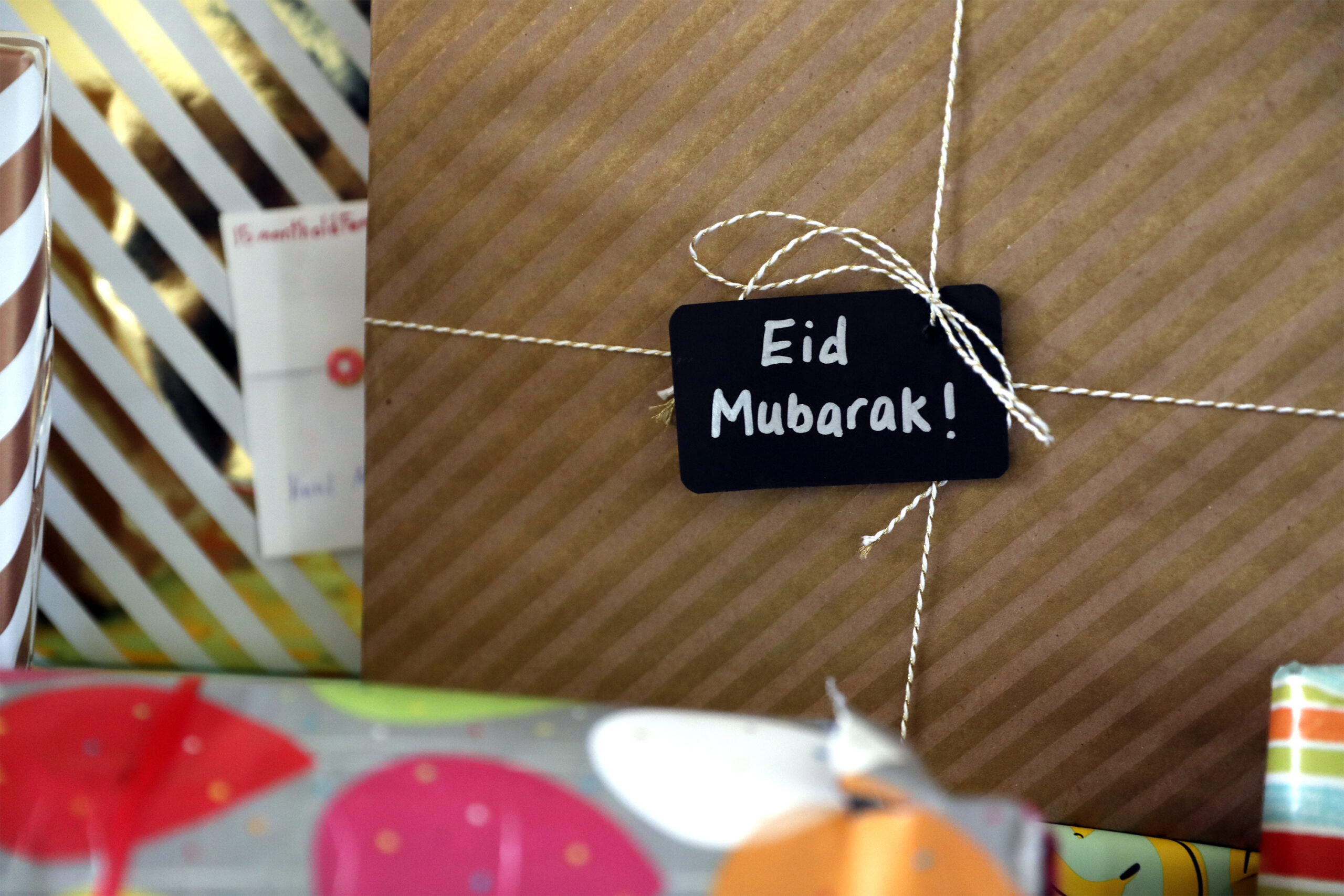After San Francisco’s public school district suddenly reneged on a decision to observe Muslim holidays in response to a legal threat, Arab organizers threatened counter-litigation of their own.
On Monday, two groups that spearheaded the effort to add the holidays to the school calendar criticized the district for its refusal to make Eid al-Fitr an official school holiday. The Arab Resource and Organizing Center and American-Arab Anti-Discrimination Committee will give the San Francisco Unified School District one more chance to set things right at Tuesday’s board meeting before pursuing litigation.
“Through our research and investigation, it has come to our attention that the decision to reverse the decision of the resolution is based on bad legal advice and law,” the organizations wrote in a letter to the district obtained by The Standard. “The threats of litigation from those against the resolution are clearly based on xenophobia and Islamophobia.”
The district initially approved the recognition of Eid al-Fitr and Eid al-Adha last August, which led to an attorney behind the lawsuit over renaming schools threatening litigation. Superintendent Matt Wayne then brought a resolution calling for the district to develop criteria to add holidays to the calendar, pausing the addition of Eid until the issue came before the school board again in January 2023.
However, the recommendations called for recognition of religious holidays without formally observing them as days off. School leaders would instead urge teachers not to schedule events like tests or field trips on religiously significant holidays.
The board is set to vote on its 2023-24 school year calendar, which does not include Eid al-Fitr in April as urged by Muslim parents and students.
Instead, it is accompanied by a list of major religious holidays like Yom Kippur in September and Diwali in November to “increase awareness and understanding.” Each holiday tends to lower attendance rates from students, district analysis shows.
“This is an extremely offensive move on the part of the board,” said Arab Resource and Organizing Center organizer Wassim Hage. “What is the point of those [governance] trainings if they’re going to continue to lie to their stakeholders?”
The district did not immediately respond to a request for comment.
Eid al-Fitr marks the end of Ramadan, a monthlong period of fasting starting on March 22 this year, while Eid al-Adha is a day of remembrance, which also shifts dates each year. SFUSD observes a number of holidays—secular and holy alike—that various religious and ethnic groups celebrate, from Christmas and Lunar New Year to Cesar Chavez Day, Juneteenth and Indigenous Peoples Day. In that light, omitting Islam’s two holiest days could be interpreted as a slight to Muslim students.
This did not sit well with Arab Resource and Organizing Center, considering the amount of students, parents, and teachers who have repeatedly stayed late at board meetings urging the recognition of Eid. The United Educators of San Francisco was also on board with a calendar including Eid, but the district put forward its own for approval on Tuesday, the teachers’ union told The Standard.
Muslim students, parents and supporters have repeatedly argued at board meetings that they are forced to choose between missing school or missing celebrations with their families on a significant holiday and must make up missed work.
